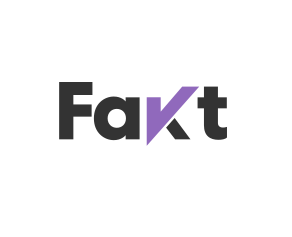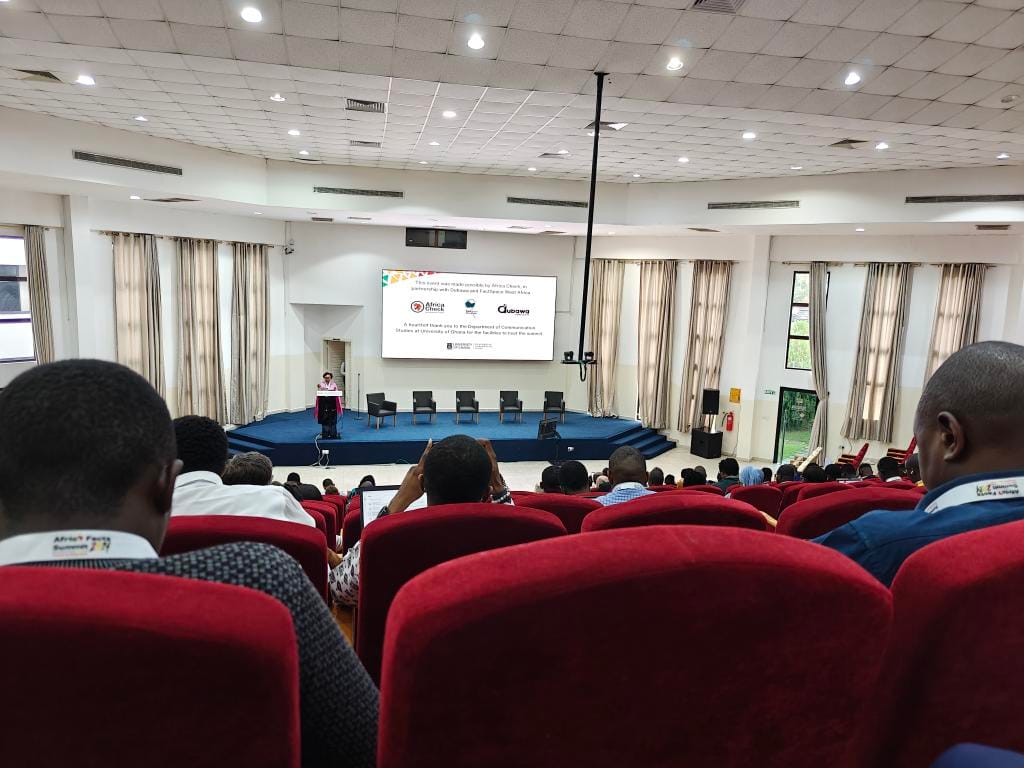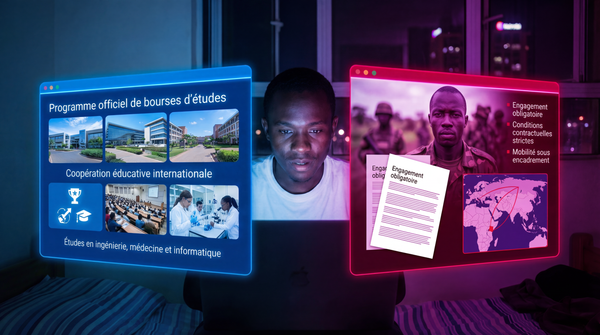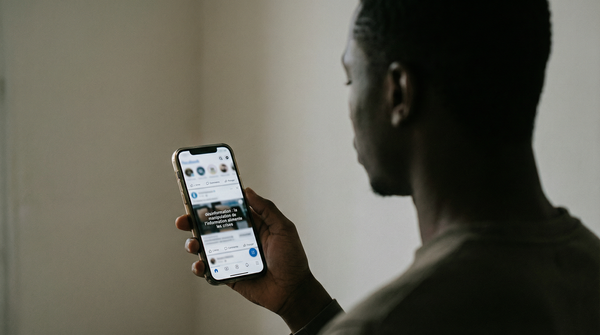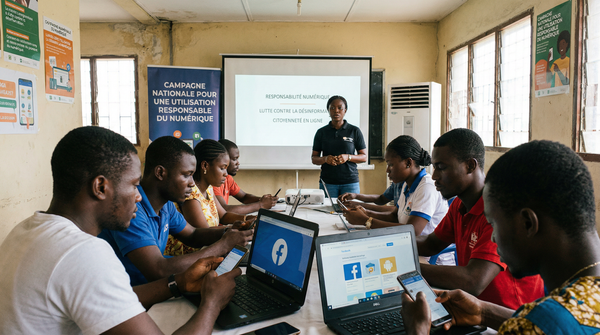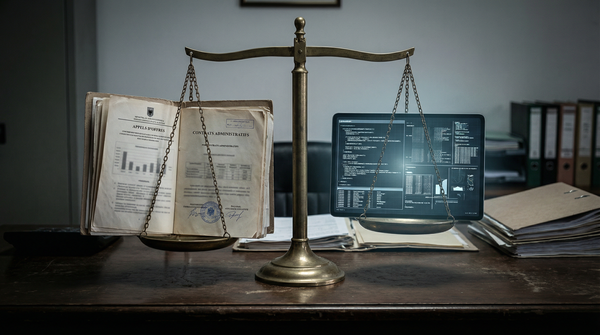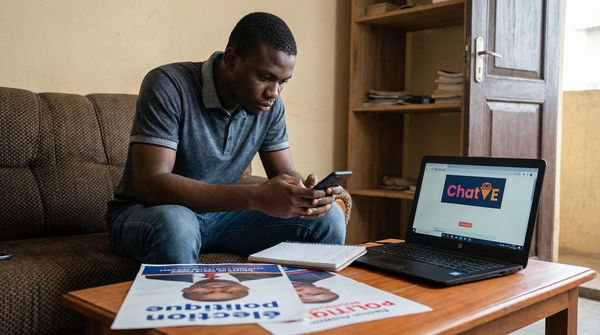Bien que le phénomène de la désinformation soit de plus en plus préoccupant, de nombreux pays n'ont pas encore mis en œuvre des mesures adéquates. La rencontre qui se tiendra les 9 et 10 octobre à Accra rassemblera des organisations africaines engagées dans la vérification des faits, afin d'explorer de nouvelles pistes d'action pour lutter contre ce fléau.
Un sommet international pour une Afrique libre de la désinformation
Quels impacts concrets, le sommet sur la désinformation, qui se tiendra à Accra, au Ghana, les 9 et 10 octobre 2024, apportera-t-il sur le terrain ? Cette question cruciale alimente les discussions au cœur de cette rencontre internationale dont l’axe central est la lutte contre ce fléau. Journalistes, acteurs publics et personnalités influentes des mondes politique et numérique se réuniront pour définir une nouvelle approche de l'information sur les réseaux sociaux, loin de toute manipulation et autre déformation des nouvelles.
La désinformation a jusqu’ici gravement affecté les démocraties africaines, fragilisé les processus électoraux, orchestré des divisions et exacerbé les crises sociales en s'appuyant sur des déclarations infondées et erronées. Aujourd'hui, une prise de conscience s’impose : il faut arrêter cette hémorragie.
Des initiatives concrètes pour renforcer la culture numérique et la vérification des faits
Africa Check, en collaboration avec ses partenaires, prend l'initiative de ce sommet en proposant une programmation rigoureuse des activités. Celle-ci comprend des tables rondes, des ateliers et des présentations axées sur les défis et opportunités de la collaboration pour lutter contre la désinformation en Afrique. Les thématiques choisies, quant à elles, épousent la vision d’une action concertée et synergique contre ce mal. Parmi celles-ci, figurent l'amélioration de la culture numérique, l'avancement des efforts de vérification des faits, le partenariat avec des plateformes technologiques pour réduire la diffusion de fausses nouvelles et la promotion de l'éducation aux médias auprès du public. Un programme ambitieux qui, dans le communiqué de presse publié par les organisateurs du sommet, a conduit Wunpini Fatimata MOHAMMED, membre du conseil d'administration de FactSpace West Africa et professeur adjoint au département de communication de l'université de Cornell, à déclarer :
« Dans un monde de plus en plus numérique où les citoyens ont la possibilité de créer du contenu, l'information est devenue un outil incroyablement puissant. La façon dont les informations sont créées, utilisées et partagées peut faire ou défaire les processus démocratiques. Ce sommet permettra aux principaux acteurs de la vérification des faits de partager leurs idées et d'apprendre les uns des autres… »
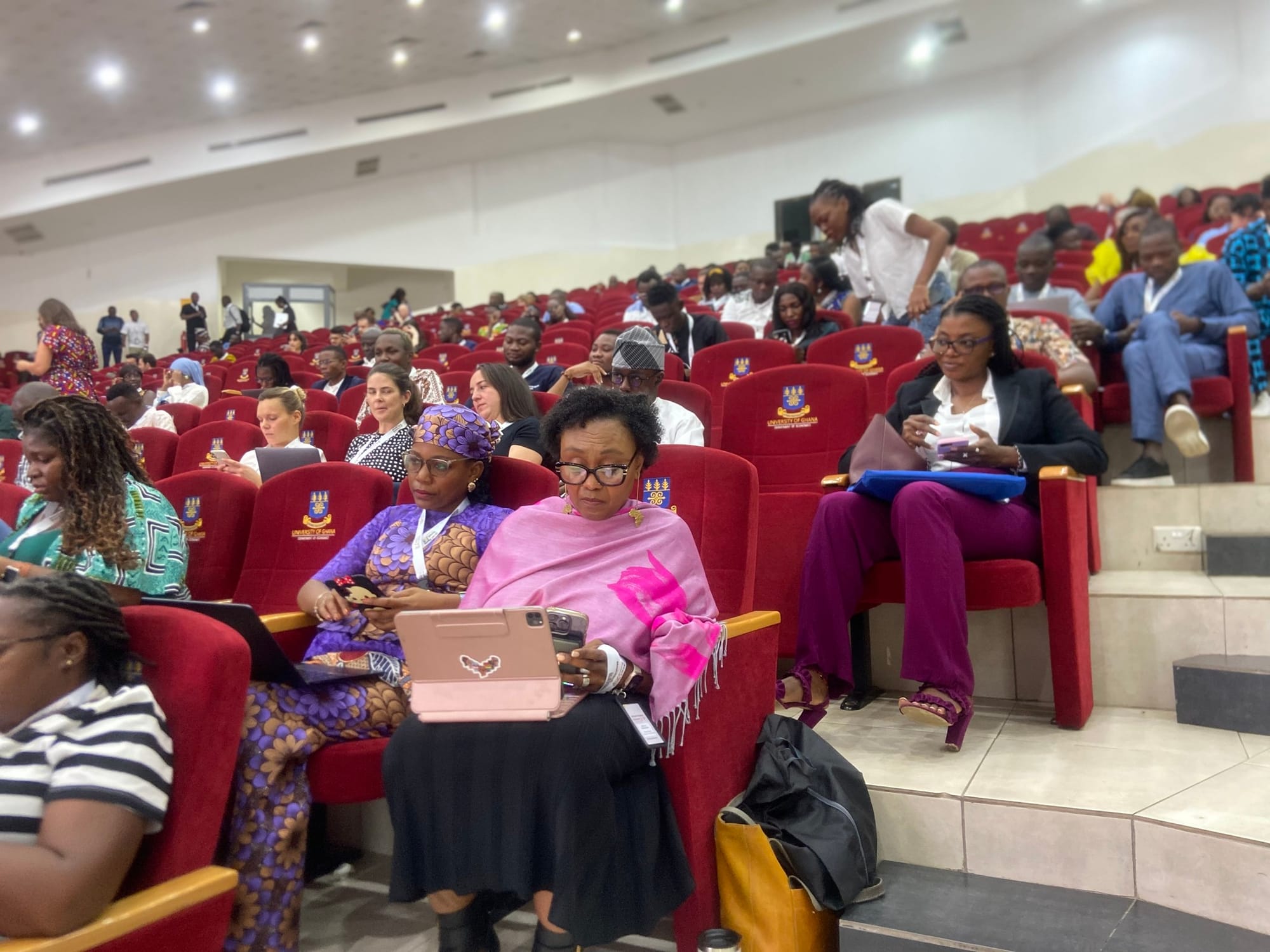
Encourager et récompenser l’engagement dans la vérification des faits
Toutefois, de nombreux pays tardent encore à s'engager pleinement dans ce combat. C'est notamment le cas du Cameroun, qui a été confronté aux effets néfastes de la désinformation sur sa démocratie au cours de la dernière décennie. En plus des efforts déployés par les gouvernements pour contrer la désinformation, il convient d’associer divers acteurs de la société civile, tant au niveau national qu'international, afin de renforcer la portée de cette lutte. Wunpini Fatimata MOHAMMED souligne d'ailleurs que :
« … De tels espaces sont nécessaires car ils soutiennent et maintiennent des démocraties dynamiques à travers le continent en fournissant des informations précises et opportunes à des moments clés tels que les périodes électorales ».
C'est dans cette optique qu'une partie du sommet est dédiée à la reconnaissance des efforts de vérification des faits, avec des prix décernés dans les catégories suivantes :
Christian ESSIMI

